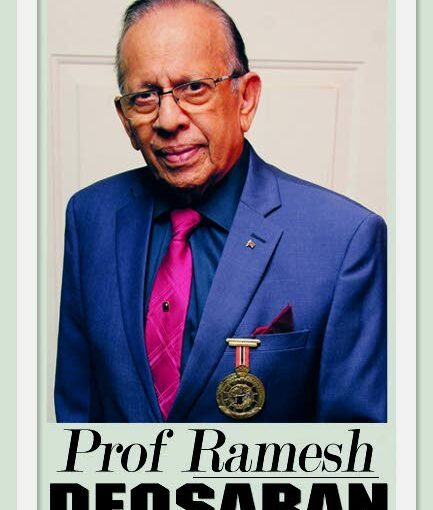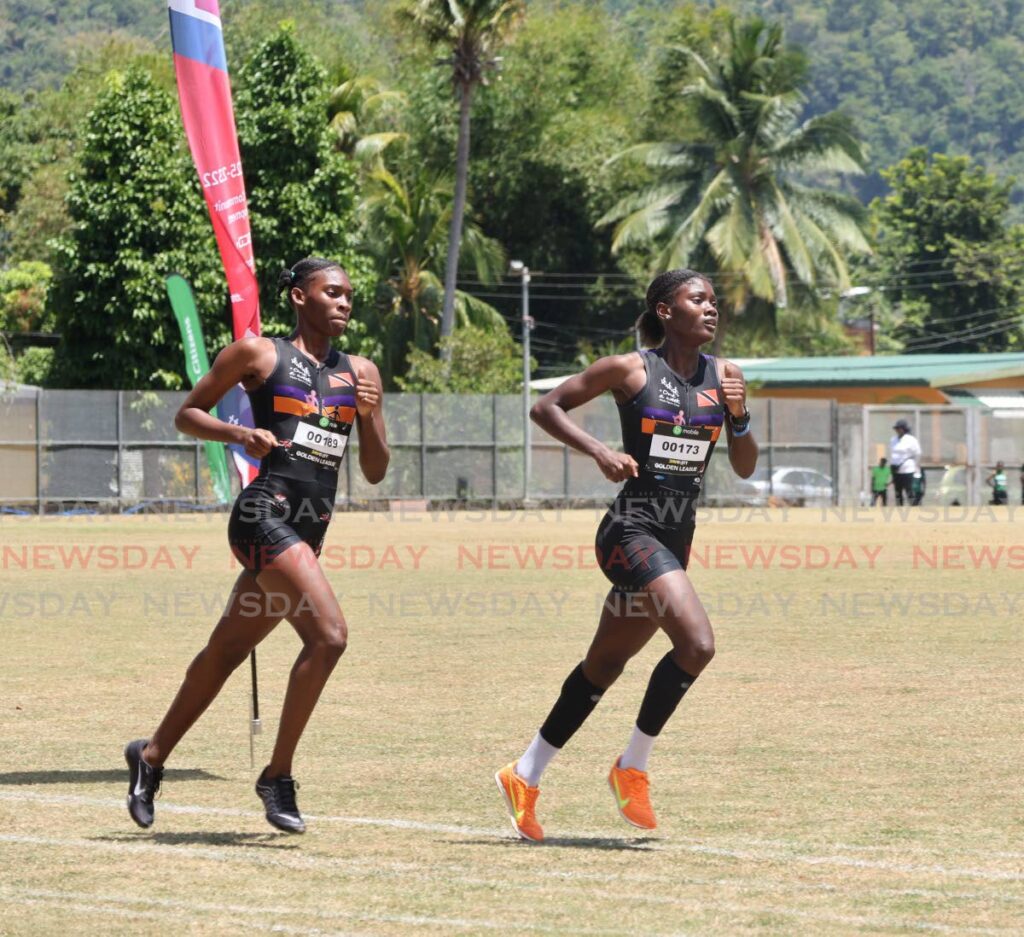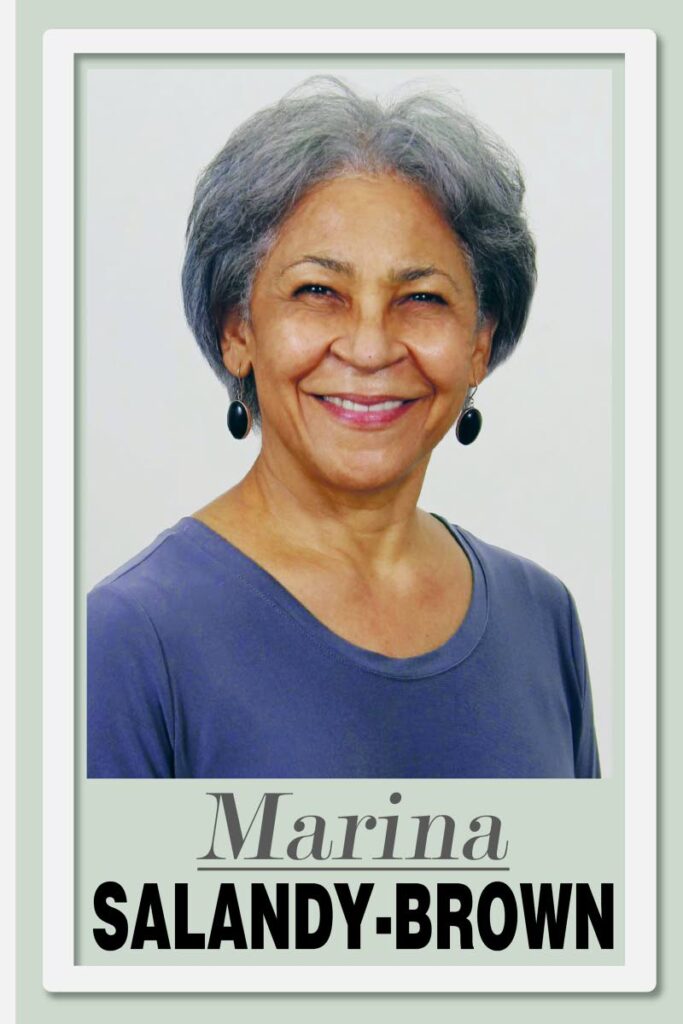Are we ‘mimic men,’ copycats?
Written by Ramesh Deosaran on December 1, 2024

On November 23, through a TV broadcast, I heard Nizam Mohammed, a member of the Constitution Advisory Committee and former speaker, strongly objecting to the “recolonising” of the society by “the number of elitist, foreign, voluntary organisations across the country.”
We should no longer be copycats, he asserted.
More passionately, he advocated constitution reform with the prime objective of having “the people as sovereign and not the politicians.” That’s why, he said, the recent report by the Constitution Advisory Committee was titled We the People.” Mohammed added: “No one political party can do it.”
A major question is: How to have a government fully accountable to the people?
The founder of the separation of powers, Baron de Montesquieu, warned: “When the legislature and executive powers are unified in the same person or same body, there can be no liberty.”
So far, however, this collusion seems to suit both PNM and UNC. Both have been feverishly preoccupied with symptoms of a troubled state and its institutions, rather than examining the causes and the constitutional remedies required.
Montesquieu warned again:”The tyranny of a prince is not so dangerous to the public welfare as the apathy of citizens in a democracy.”
Mohammed was speaking at Cipriani Labour College at a People’s Round Table panel on constitution reform.Other speakers included independent senator Sunity Maharaj and Movement for Social Justice leader David Abdulah. Mohammed’s fears of the country’s “recolonisation” or becoming “copycats” remind us of late Nobel Prize winner Sir Vidia Naipaul, who described us former colonials as “mimic men.” His 1967 novel The Mimic Men tells of the cultural dissonance formerly colonised people endure and the mimicking of their former colonisers’ habits for validation.
Interestingly, we appear quite comfortable mimicking foreign institutions. Few still strive, however, fighting “mimic men” and “copycat” syndrome. This few will tell you of the hardships and sacrifices faced along the way. The copycats resist change.
Being a copycat shows weakness in intellect and self-confidence. The Concise Oxford Dictionary defines “copy” as “a thing made to imitate or be identical to another, rather than to produce something original.” And “copycat” is defined as “a person who copies another slavishly, the imitation of a person, act, event, etc.”
We appear so slavishly comfortable with the copied British political system that we appear reluctant to “produce something original” to suit our changed circumstances.
While being a useful starting point, the Constitutional Advisory Committee should have a chapter discussing democracy itself – its strengths, weaknesses and the extent to which elected politicians abuse their privileges. This now happens, for example, with our Parliament, where the executive sits comfortably with the legislature, thus reducing public accountability and sanctions to a minimum.
For the above reasons, I accepted the kind invitation last March of the Constitutional Advisory Committee and presented my eight-page proposal, The Time is Now, with the warning: “It’s either we want a heathy democracy or a failed state.”
The following was my introduction to the committee. The specific proposals may come later.
1. The current political system and Constitution in this multi-ethnic society have not really brought the kind and level of security, social and economic progress expected with political independence. While there was significant expenditure, the overall quality of life lagged far behind.
2. Public complaints have arisen against the defects of the country’s political and constitutional framework, so much so that regardless of which party is in power, these defects will help stall the country’s social and economic progress. Political management became either very strained or unable to meet the pressing challenges of political independence.
3. Of course, it is more than political or constitutional structures. It seems the capabilities, attitudes and political integrity of public officials have been lacking in many respects. The level and quality of public duty expected with political independence fell short and continues to be so. Patriotism has floundered. How can constitution reform change this?
4. The present political and parliamentary system makes it almost impossible for a first-past-the post government to implement Section 53 of the Constitution efficiently and effectively – “Parliament may make laws for the peace, order and good government of TT.”
5. While previous constitutional reform reports provided some structural recommendations, there was and still is a need to examine democracy itself, beyond the Westminster system, and fundamental questions, like who should govern? Is our system of political representation fair and sufficient? To what extent should we allow a fair and freely elected government to rule but be firmly accountable to the public?
Constitution reform requires courage, vision and decisiveness.
The post Are we ‘mimic men,’ copycats? appeared first on Trinidad and Tobago Newsday.




